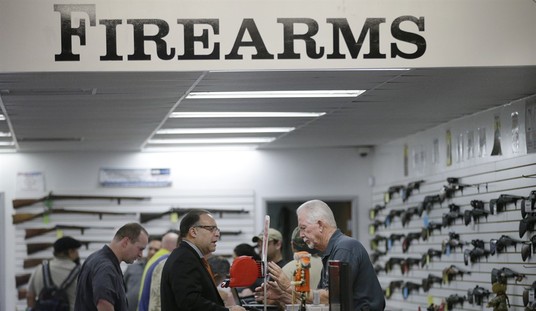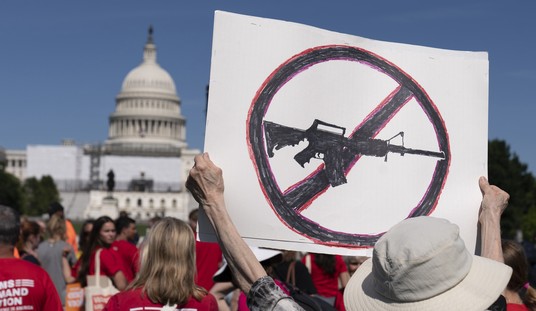If there were one business I didn’t want to get into it would be opening a gun store.
Don’t get me wrong, I love guns and I love shooting. It would be a lot of fun to be around firearms all day long and talk about guns with all kinds of people.
The problem is that the paperwork required by Uncle Sam is a pain. Further, screwups can cost you your FFL and possibly land you in prison, all for clerical screwups. Further, when it’s presented to the public, it’ll be impossible for anyone from the outside to tell if you’re getting in trouble for a paperwork error or whether you did everything you could to arm terrorists and gang members.
Then, of course, you have the San Francisco Chronicle ready to lament a whopping six gun stores in Northern California getting smacked by the ATF.
But records recently released by the federal Bureau of Alcohol, Tobacco, Firearms and Explosives show there’s more to the story than many — including Farrell, now San Francisco’s mayor — realized.
Just months before the closure, ATF officials found that High Bridge Arms had violated 10 federal gun laws, including allegedly selling a firearm to a prohibited possessor and failing to record the sales of 71 guns.
An ATF operations director agreed it was best to revoke the dealer’s license “due to the numerous, repeated serious violations of the Gun Control Act.”
The report was part of a trove of documents recently released to the Brady Campaign to Prevent Gun Violence after the advocacy group sued the ATF for records. The Brady Campaign shared the reports with The Chronicle.
The Brady Campaign has not yet received all of the reports, but those released to date offer a window into ATF operations, which are heavily guarded by federal laws.
Records show that ATF inspectors recommended revoking at least six federal gun-selling licenses in Northern California from 2014 to 2016. The reports list a range of alleged violations, including missing records on firearm sales, attempts to sell prohibited firearms, and selling a gun to a known, violent felon.
It’s unclear exactly what happened after these recommendations. A spokeswoman for ATF said she couldn’t comment on whether the findings resulted in license revocations.
A more interesting story is how, in a state that is openly hostile to firearms and all of those who appreciate them, only six out of the dozens of gun stores in the northern part of California had issues.
Now, let’s be clear, I’m not judging just how these violations came about because I can’t. You see, the “failing to record the sale of 71 firearms” could be an intentional act designed to protect criminals buying guns, or it could be someone throwing the wrong stack of paperwork in the trash by mistake. We don’t have enough to go on.
But leave it to the media to pretend it has an inkling in what is happening here. It doesn’t.
Bear in mind that these records come from an effort by the Brady Center. In other words, a rabidly anti-gun group that has worked to ban any firearm you might remotely be interested in is releasing information to the media that paints the firearm industry in a negative light, and the press is being rather unskeptical about the implicit bias at work here.
Of course, since the press likes the same narrative as the Brady Bunch, that’s hardly surprising.
However, I suspect that if you look at most of the violations the ATF deals with, you’ll find honest mistakes made by small businessmen and women who are trying their best to navigate a massive amount of government regulations and red tape but sometimes make errors.
Not that the anti-gun zealots out there care about people’s livelihoods.








Join the conversation as a VIP Member